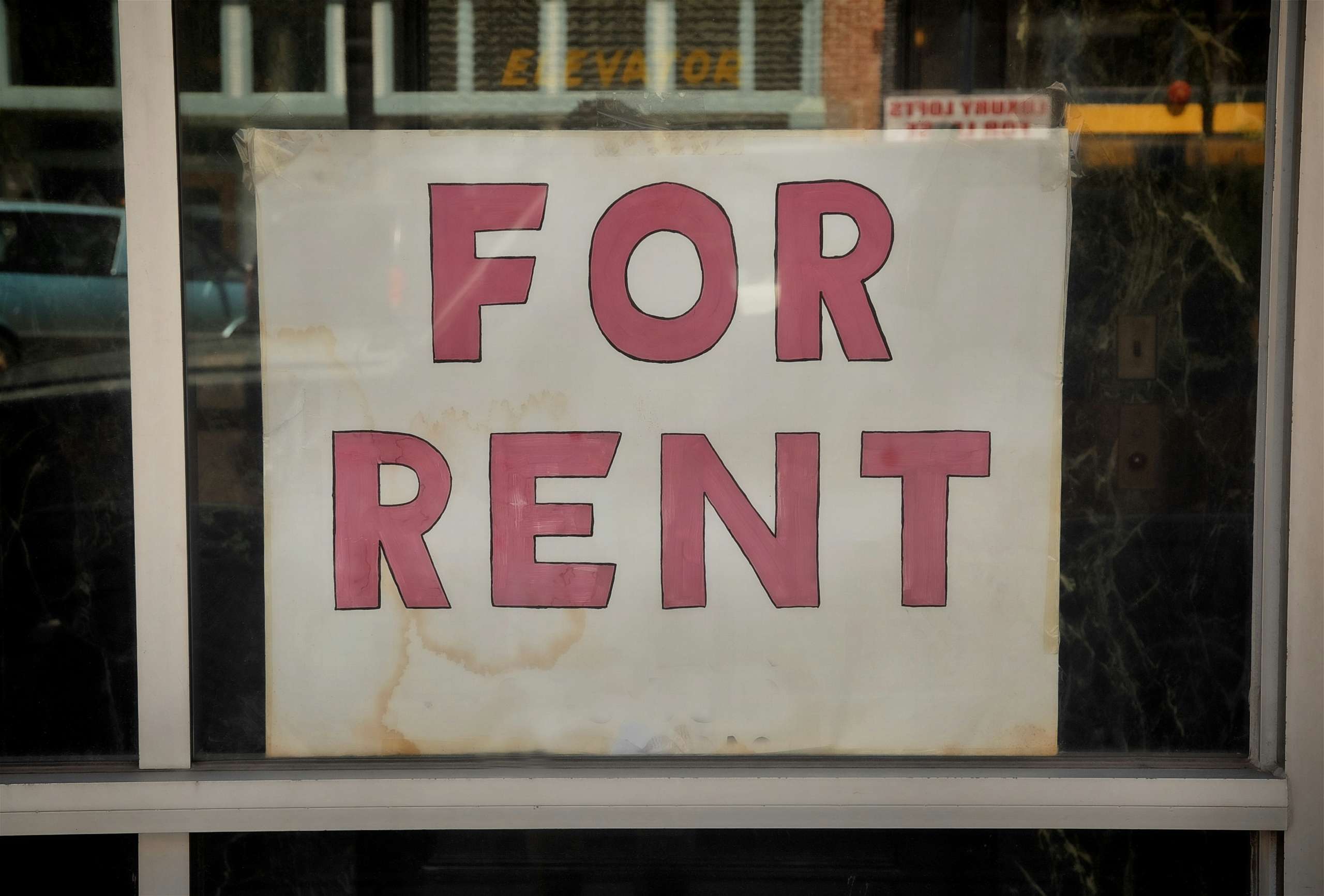Renting an apartment in the metro Denver area has become so difficult for the average renter that one state lawmaker is trying to prevent landlords from using “algorithmic devices” like RealPage’s Yieldstar or Yardi’s Revenue IQ to fix the market to the disadvantage of renters.
But House Bill 24-1057 faces a mountain of opposition from well-connected interest groups like the Denver Metro Chamber of Commerce, the Colorado Apartment Association, and some multifamily technology companies, which could imperil the bill’s progress.
The proposed law seeks to broadly define a prohibited algorithmic device as one that uses “one or more algorithms to perform calculations of data … for the purpose of advising a landlord concerning the amount of rent that the landlord may consider charging the tenant.”
If a landlord is found to be using a prohibited algorithmic device to set rents, the bill allows tenants to take civil action under the Colorado Consumer Protection Act. Colorado’s Attorney General would be responsible for prosecuting the cases, and penalties could range up to $20,000 per offense. Funds collected under the bill would not be subject to TABOR, according to its fiscal note.
The bill would apply to any rental agreements executed on or after the bill becomes effective, according to its text. A couple of amendments offered before the bill’s first hearing before the House Transportation, Housing & Local Government Committee on Jan. 31 carved out exceptions for proprietary technology, publicly available market data from brokerages like CBRE or websites like Zillow, and affordable housing providers.
It was introduced at a time when the average rent for a multifamily unit in Denver is roughly $1,900, according to commercial real estate brokerage firm CBRE, a figure that represents a climb of 25.6% over the last five years.

“Landlords will tell you that they need these products to remain competitive, and they don’t,” Rep. Steven Woodrow, a Democrat from Denver, said during the bill’s first hearing. “Landlords managed to get by just fine for several hundred years without it.”
Businesses ranging from airlines to grocery stores and car rental shops have used algorithms to set their prices for several years. But the practice of using algorithms to set rents received renewed attention after the nonprofit newsroom ProPublica published an investigation that found some of America’s largest property management firms were using algorithms to increase rents during down markets when renting should have been cheaper for tenants.
Woodrow said the algorithms compile both public and nonpublic information to generate their recommended prices. While this isn’t an issue for algorithms created in-house for a specific business operation, Woodrow said it becomes problematic when multiple landlords use the same third-party vendor to set their rents. He added that this setup creates an “untenable risk of market manipulation and collusion.”
Supporters of the bill include groups like the ACLU of Colorado, the Colorado Poverty Law Project, and the Colorado Center on Law and Policy.

Trish Hyde, the Denver regional organizer for New Era Colorado, argued that the bill would provide important protections for renters at a time when paying rent is increasingly difficult for young people in Denver.
Data from Harvard’s Joint Center for Housing Studies shows that about 51% of renters in Denver are “cost burdened,” meaning they pay more than the recommended 30% of their income on rent and utilities. One out of four renters in the metro area are considered “severely cost burdened” because they pay 50% or more of their income on housing costs, the data shows.
“When landlords are allowed to use algorithms to determine how much they’ll increase rent, this creates an environment of collusion and price fixing that only hurts our most vulnerable communities,” she told the committee.
Woodrow added that there is momentum on this issue at the federal level as well. Democratic Senators Ron Wyden of Oregon and Peter Welch of Vermont introduced legislation on Jan. 30 to prohibit landlords from using algorithms to set rents in high-priced markets. Given the state of federal politics these days, Woodrow said he hoped Colorado lawmakers could get a headstart on the issue.
Business groups like the National Association for Industrial and Office Parks, the Denver Metro Chamber of Commerce, and the Colorado Springs Chamber of Commerce lined up to oppose the bill. They argued that it would stifle their ability to increase occupancy rates and could make housing more unaffordable going forward.
Dom Bevridge, who previously worked as vice president for demand generation at RealPage in 2018 before joining the multifamily consulting firm D2 Demand Solutions, Inc., which describes itself on its website as the “leading industry firm for revenue optimization,” spoke against the bill. He said using “unsubstantiated rumors” to outlaw landlords from using algorithms is a bad basis for legislation.
RealPage is facing multiple class action lawsuits accusing the company of conspiring with landlords to inflate rental prices in communities across the U.S. Bevridge described the allegations against the company as “untrue and impossible” because it mischaracterizes what landlords are actually doing, which he said is automating research tasks that they would otherwise spend hours performing.
Drew Hamrick, general counsel and senior vice president of government affairs at the Colorado Apartment Association, which represents 75% of the landlords in the Denver metro area, also spoke against the bill. He described the bill as a solution in search of a problem and said the rent increases in Denver have largely been due to supply and demand imbalances, not collusion or market fixing between landlords.
“There’s nothing we can do about increasing prices. Prices are what someone is willing to pay,” Hamrick said.
The bill passed out of committee by a 7-3 margin. It will next appear before the Committee of the Whole.




